the file you are trying to open is in a different format than specified by the file extension c# error when trying to open file in excel.
Here is my code
public ActionResult Export(string filterBy)
{
MemoryStream output = new MemoryStream();
StreamWriter writer = new StreamWriter(output, Encoding.UTF8);
var data = City.GetAll().Select(o => new
{
CountryName = o.CountryName,
StateName = o.StateName,
o.City.Name,
Title = o.City.STDCode
}).ToList();
var grid = new GridView { DataSource = data };
grid.DataBind();
var htw = new HtmlTextWriter(writer);
grid.RenderControl(htw);
writer.Flush();
output.Position = 0;
return File(output, "application/vnd.ms-excel", "test.xls");
}
when am trying to open excel i get this error
the file you are trying to open is in a different format than specified by the file extension

After clicking on Yes the file open properly. but i don't want this msg to appear.